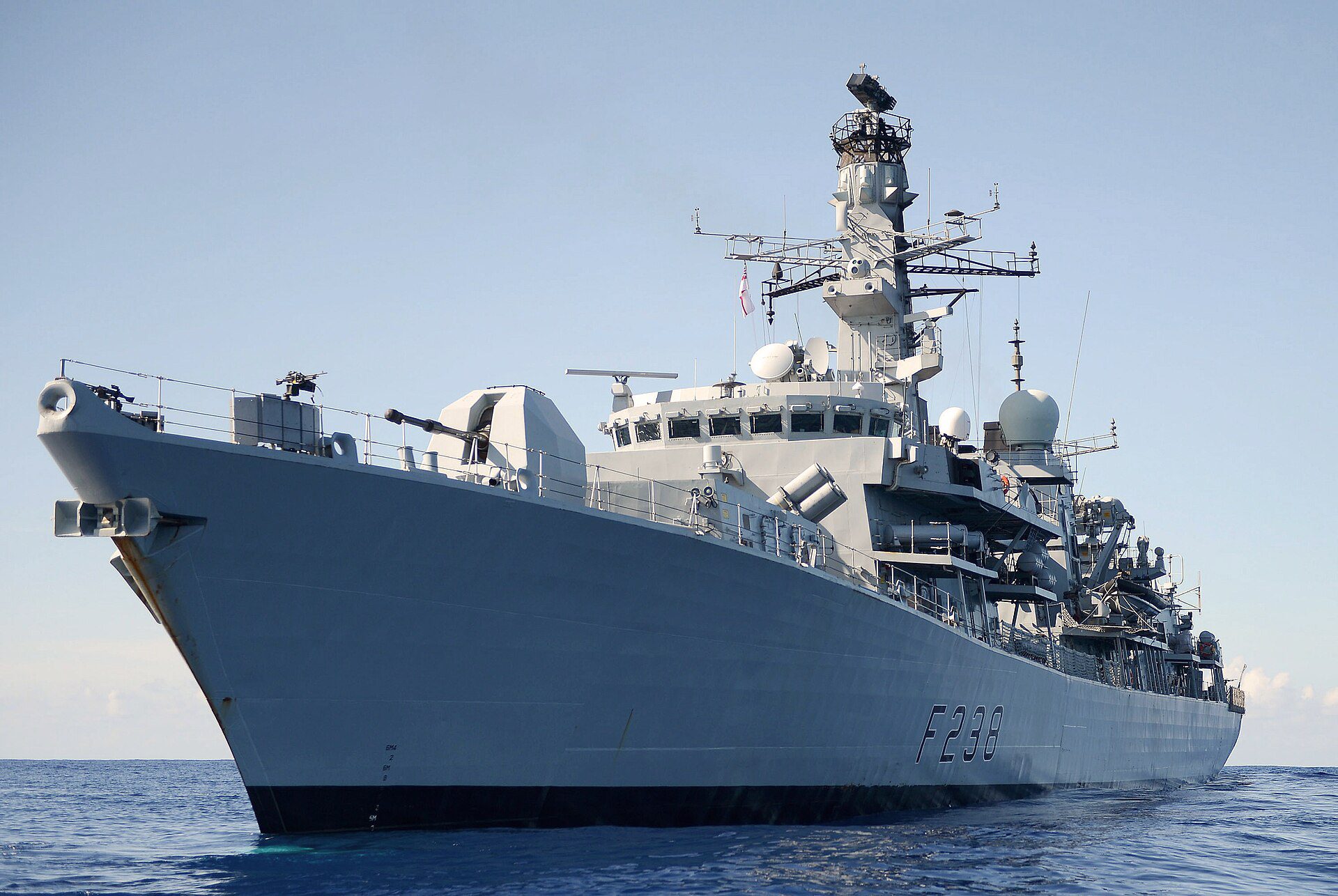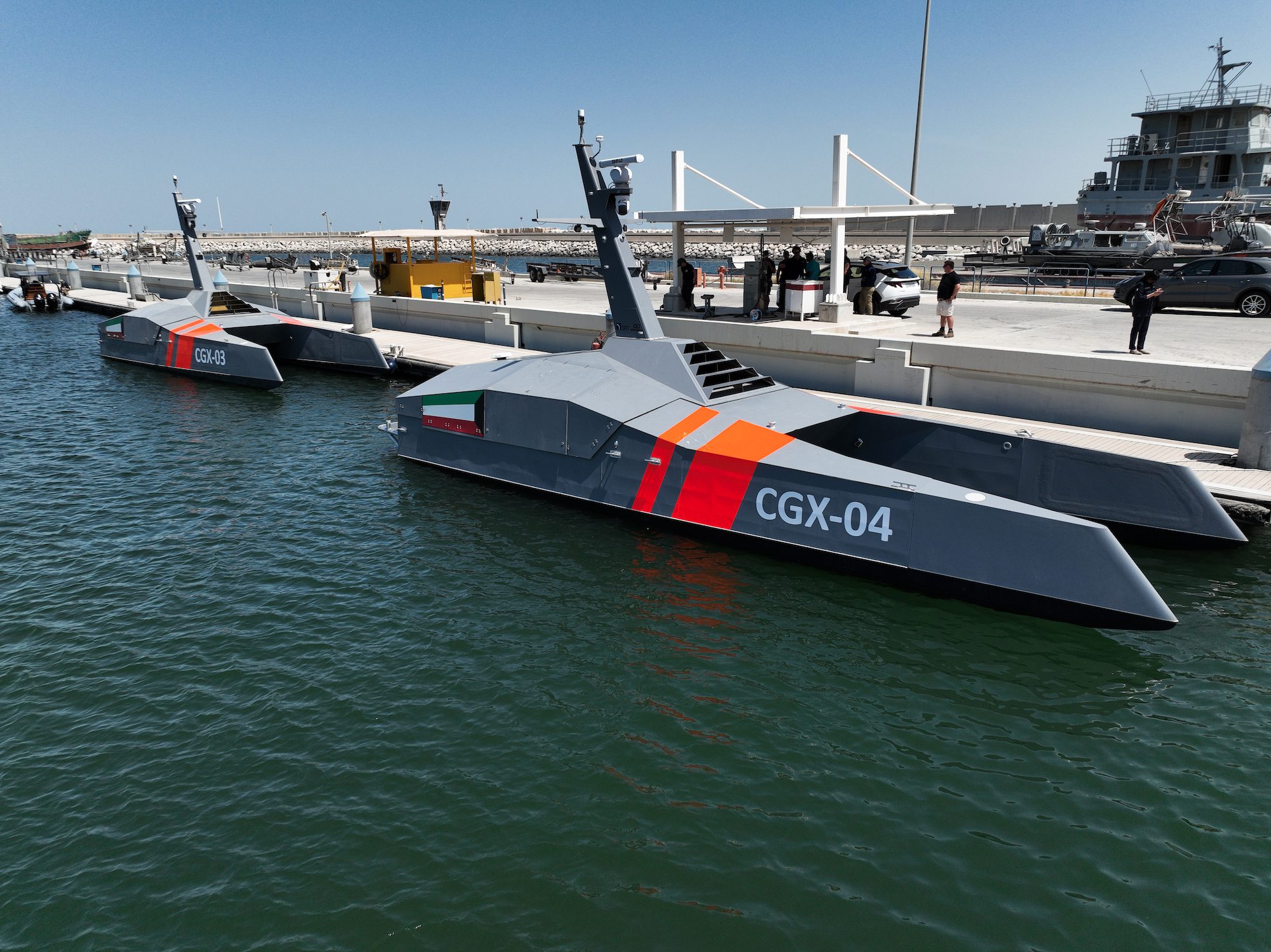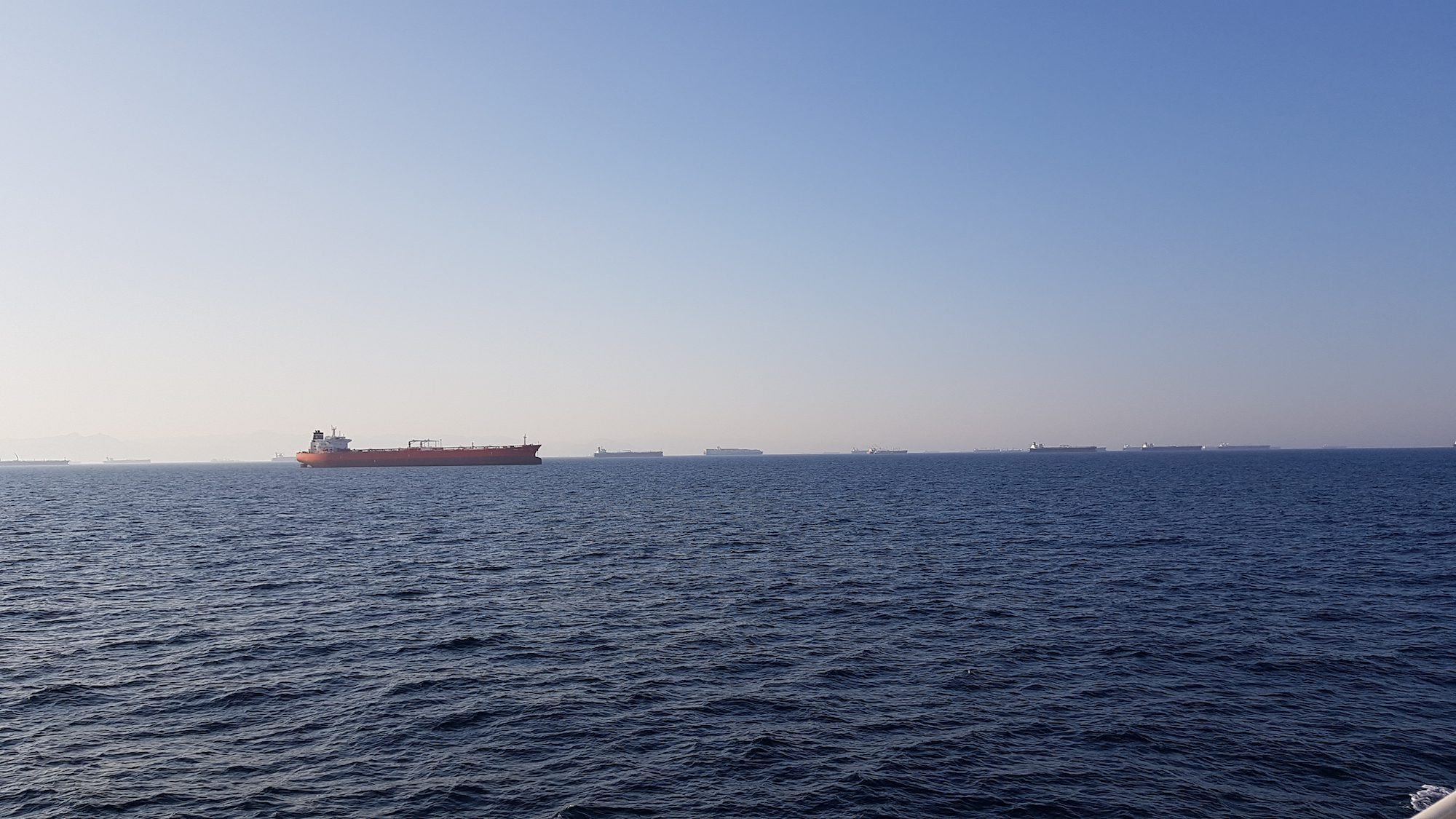UK Defence Secretary John Healey has announced the decommissioning of several naval vessels as part of a broader defence reform strategy.
The decision, revealed in a statement to the House of Commons on Wednesday, aims to streamline the Royal Navy’s fleet and redirect funds towards future technologies and personnel retention.
Among the vessels slated for retirement are HMS Northumberland, a frigate deemed “uneconomical to repair” due to structural damage. Additionally, HMS Albion and HMS Bulwark, two landing ships that have been effectively out of service but maintained at a cost of £9 million annually, will be officially removed from the naval roster.
The decommissioning extends beyond naval assets, with Healey confirming the retirement of 46 Watchkeeper Mk1 drones, 14 Chinook helicopters, two Wave Class tankers, and 17 Puma helicopters.
According to Healey, the decision is expected to generate substantial savings for the Ministry of Defence, with projections of £150 million over the next two years and up to £500 million over five years.
“For too long, our soldiers, sailors, aviators have been stuck with old, outdated equipment… because Ministers wouldn’t make the difficult decommissioning decisions,” said Healey.
He added, “As technology advances at pace, we must move faster towards the future.”
The Defence Secretary assured that all current personnel affected by these changes will be redeployed or retrained, with no redundancies planned.
The move aligns with the government’s broader strategy to invest in defence personnel, including the introduction of new retention payments for specific military roles.
Highlighting the strategic rationale behind these decisions, Healey quoted the First Sea Lord: “The threat is changing so we must have the self-confidence to make the changes required.”
The decommissioning announcement comes as part of a larger defence reform initiative, which Healey describes as “the biggest reform programme in defence for 50 years.” The overhaul includes the creation of a new Military Strategic Headquarters and the appointment of a National Armaments Director, aimed at improving efficiency and accountability within the defence sector.
As the UK navigates what Healey terms “a new era of rising global tensions,” these strategic decisions reflect a concerted effort to modernize the nation’s defence capabilities.
The government’s commitment to increasing defence spending to 2.5% of GDP and investing an additional £3 billion next year further underscores the significance of this reform.

 Join The Club
Join The Club











